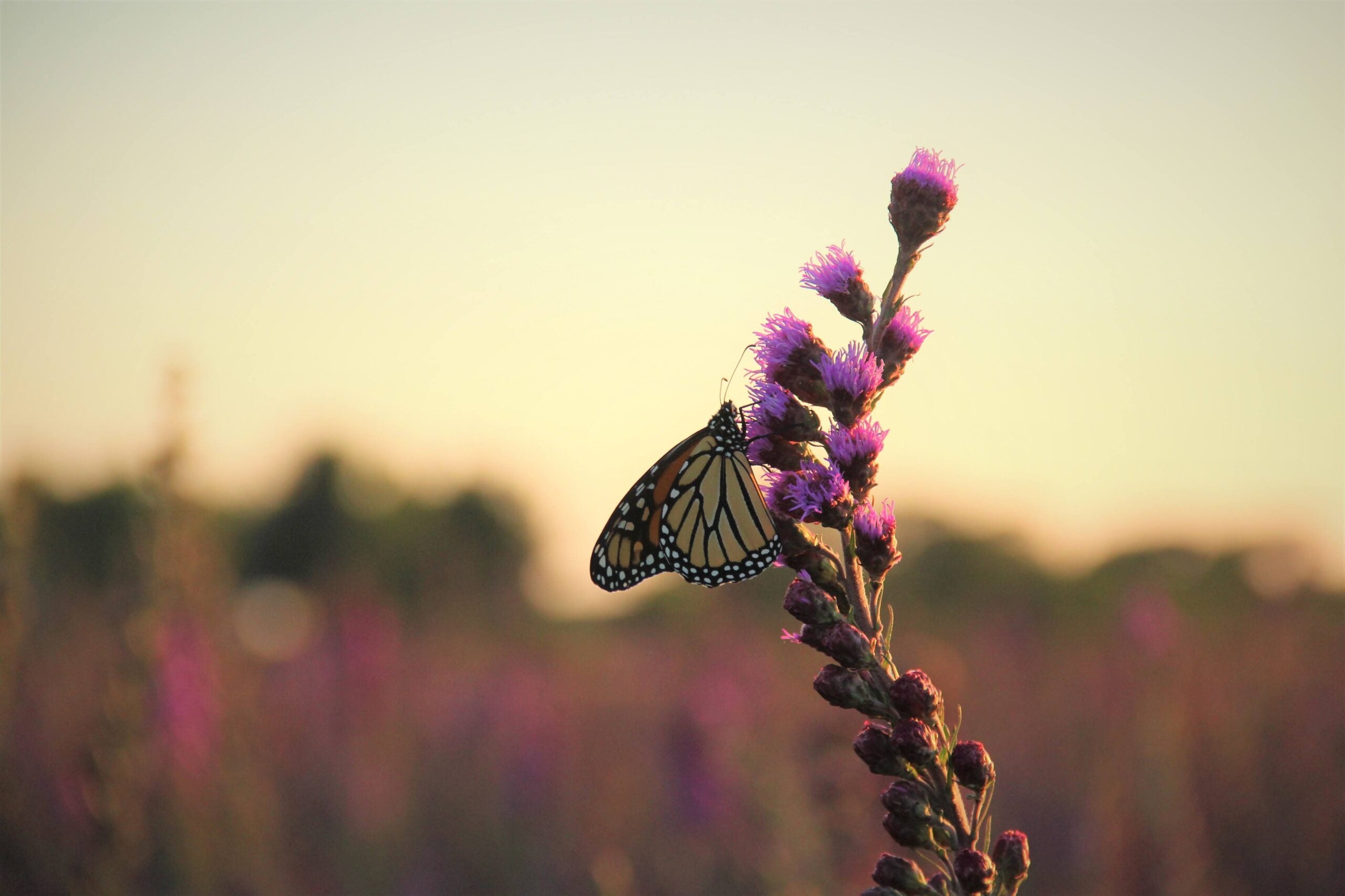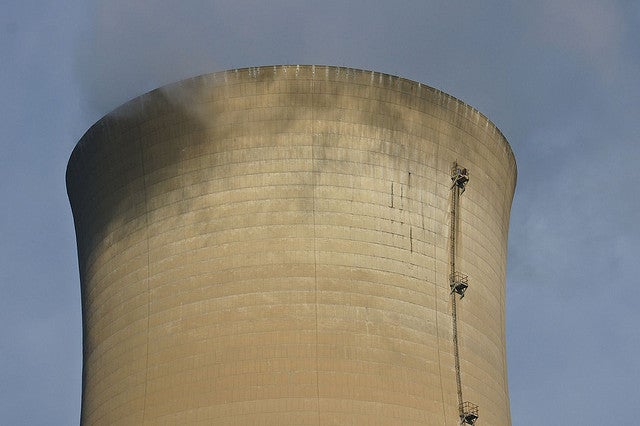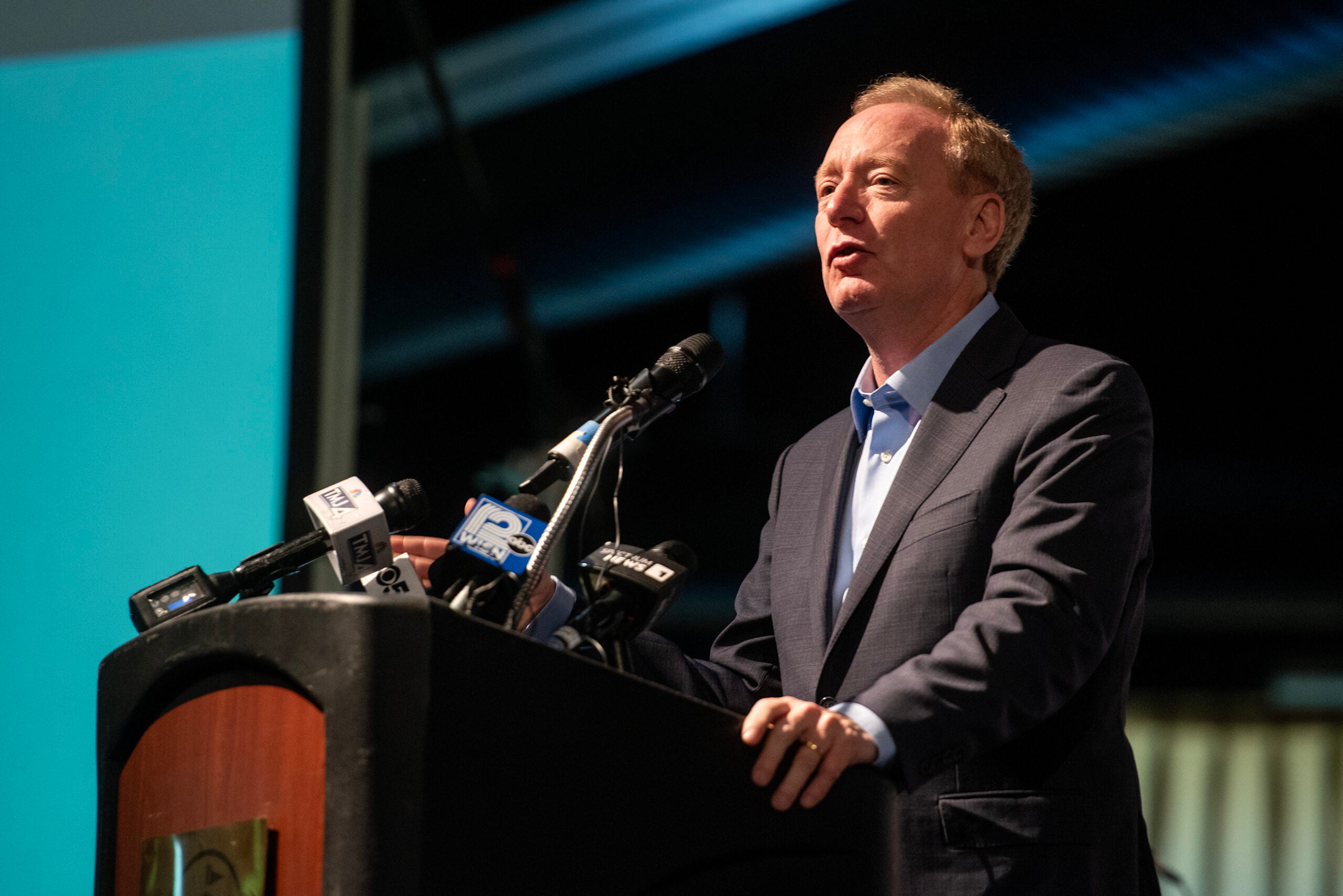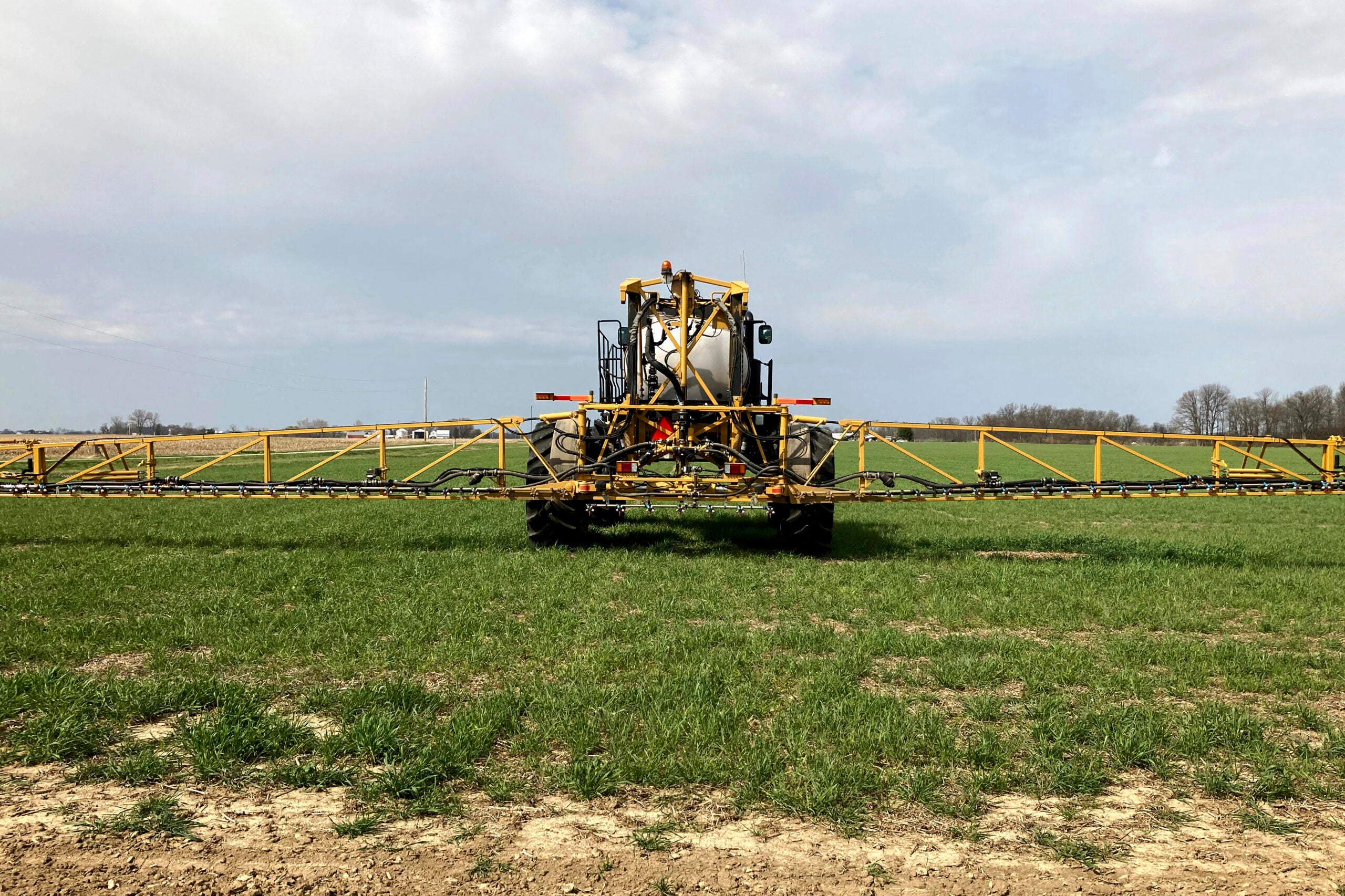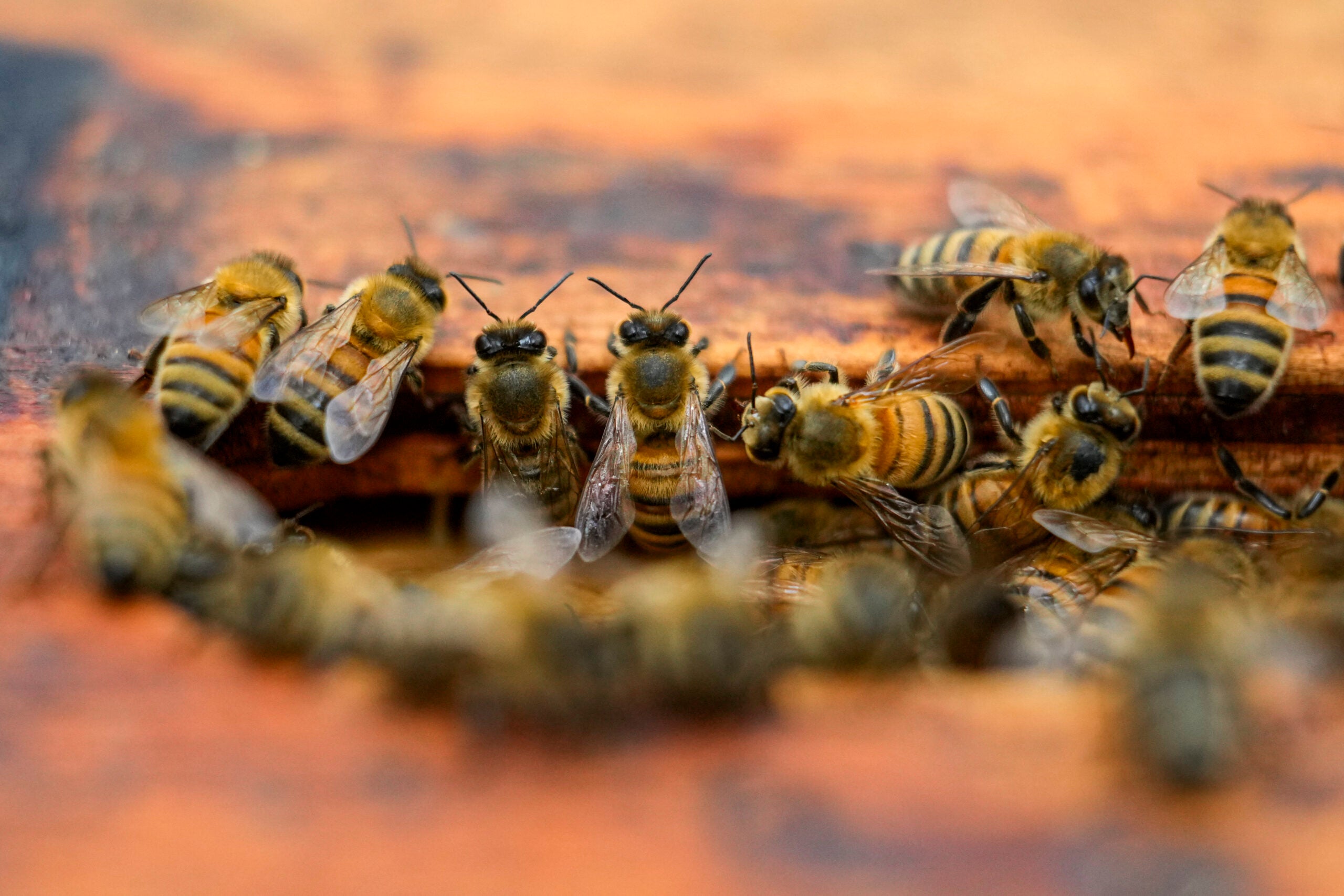One Republican lawmaker and a group of Democrats are hoping to protect bees, butterflies and other pollinators in Wisconsin through a series of bills.
On May 30, state Rep. Lee Snodgrass, D-Appleton, reintroduced the Pollinator Protection Package, with support from Rep. Elijah Behnke, R-Chase, and Sen. Jeff Smith, D-Brunswick, among others.
Smith serves the 31st Senate District, which includes Eau Claire County and portions of Chippewa, Dunn and Trempealeau counties. He told WPR’s “Wisconsin Today” that the package has seven pieces of legislation focusing on pesticide regulation and promoting the use of native plants.
News with a little more humanity
WPR’s “Wisconsin Today” newsletter keeps you connected to the state you love without feeling overwhelmed. No paywall. No agenda. No corporate filter.
Smith said more than 400 pollinator species in Wisconsin are in trouble.
“We need to have protections because they’re so important to our agriculture industry,” he said.
Pollinators account for over $55 million dollars in crop production in Wisconsin but are losing natural food sources due to road construction and manicured lawns, according to the state Department of Natural Resources.
The package unveiled May 30 includes a proposed resolution that would designate June 2025 as Pollinator Awareness Month for Wisconsin.
“If there is a clear understanding of how important natural pollinators are to our ag industry, I’m sure that we could convince our legislators on both sides of the aisle to pass these bills,” he said.
The same package of bills was introduced in 2021, but it didn’t pass through the state Legislature. Yet, Smith said supporting the pollinator population is a bipartisan issue.
“We all have to eat,” he said.
Wisconsin pollinator bills focus on pesticide regulation, growing native plants
Assembly Bill 287/Senate Bill 292: This bill would regulate the types of pesticides used by Wisconsin cities, villages, towns and counties to protect pollinators and their habitats.
Current law prohibits this action, Smith said. But if enacted, local governments would be in control.
“We can’t regulate or mandate that private properties do that, but we can be the leaders and demonstrate how it’s done,” he said.
AB 288/SB 294: This bill would prohibit people from selling plants that are treated with pesticides from labeling them as “beneficial to pollinators.”
“It does happen. There’s mislabeling, and we need to be sure that consumers know what they’re getting,” Smith said.
AB 289: This bill would ban the state DNR from using certain insecticides from the neonicotinoid class, which is chemically similar to nicotine, on land maintained by the DNR.
AB 290: This bill would allow special group members to obtain a “Protect Pollinators” license plate through the state Department of Transportation. It would pay $25 to fund the endangered resources program.
“That would go toward initiating some of these to begin with,” he said. “Then, sustaining efforts [like] planting native plants and labeling.”
Under current law, special license plates exist to support the gray wolf, bald eagle and badger.
AB 291/SB 293: This bill would require state agencies, like an association or a board, to plant native prairie and forage plants when needed.
The DNR recommends communities use native plants such as blazing star, coneflower, aster, Joe Pye weed and milkweed to support butterflies and other pollinators.
In Smith’s district, the city of Eau Claire is transforming more than 90 acres of public land into pollinator-friendly landscaping
“I’m really proud of our City Council,” he said. “They’re trying to demonstrate how the local government can actually make an effort and be a part of the solution, instead of part of the problem.”
Another effort the lawmakers hope to pursue would designate the endangered rusty patched bumblebee as the state native insect and require the Wisconsin Blue Book to include the designation.
In 2017, U.S. Fish and Wildlife Service listed the rusty patched bumblebee as the first federally endangered species of bumblebee.
Wisconsin is one of nine states and one Canadian province with the rusty patched bumblebee, according to the DNR.
“We should be protecting it, not just for Wisconsin, but for the rest of the nation. So it is, it is important that people are aware.

